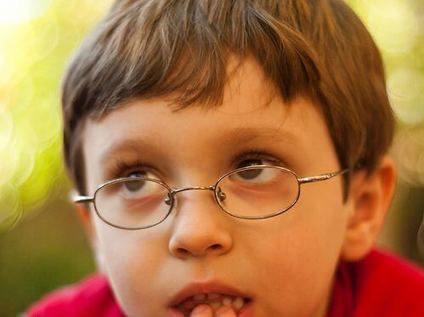Is critical thinking for kids? Absolutely! The art of critical thinking begins in childhood. What kind of thinker is your child? Does he believe everything on TV? Does she always figure out how to get what she wants?
Does he ask questions? Does she go along with what her friends suggest? You can help develop your child’s critical thinking skills by learning a few key guidelines!
Whether your child is just starting summer vacation or in the midst of the school year, parents can help keep minds active in fun ways. Critical thinking skills don’t fully develop until adolescence, but the foundations for good thinking develop in younger children.
The nonprofit Foundation for Critical Thinking cultivates core intellectual virtues that lead to fair-minded thinking. They have identified three ways K-6 children typically think.
Learn more / En savoir plus / Mehr erfahren:
https://www.scoop.it/t/21st-century-learning-and-teaching?tag=Critical-Thinking



 Your new post is loading...
Your new post is loading...










Me encantaría probar ese experimento con mi sobrino.